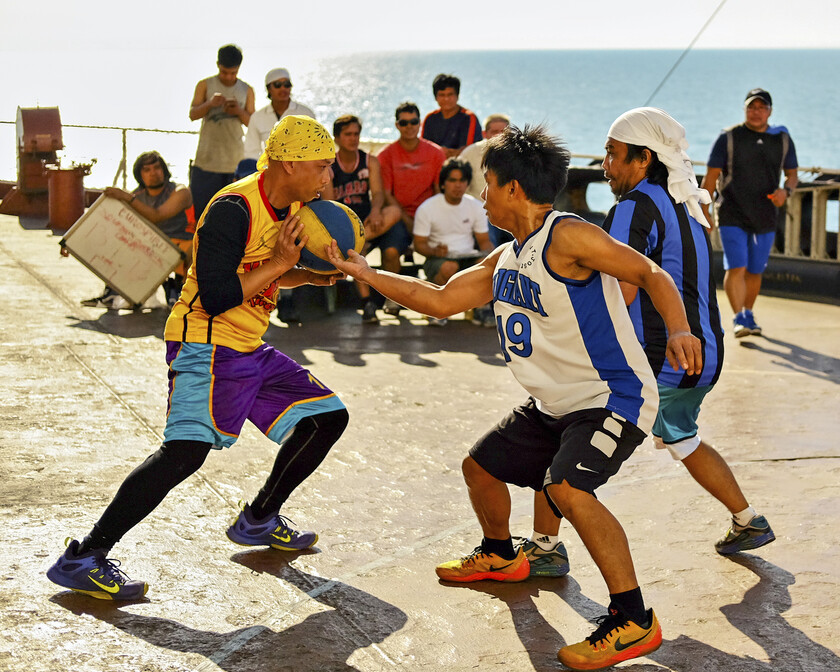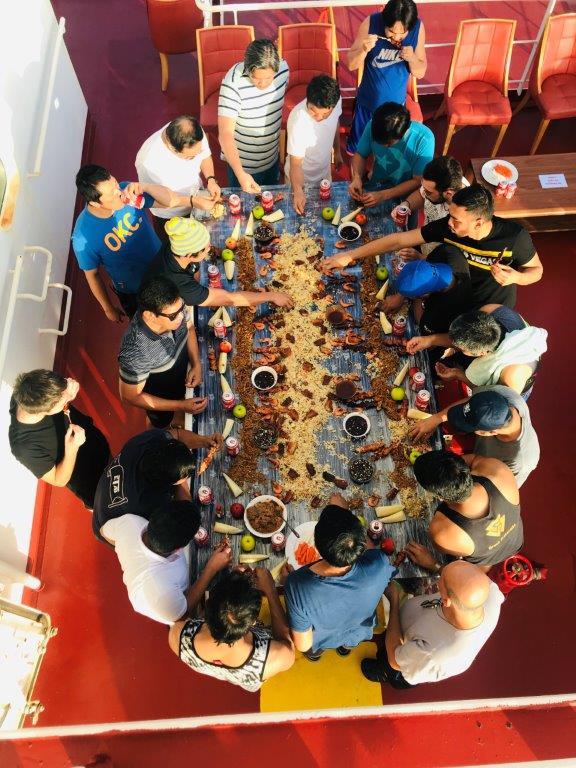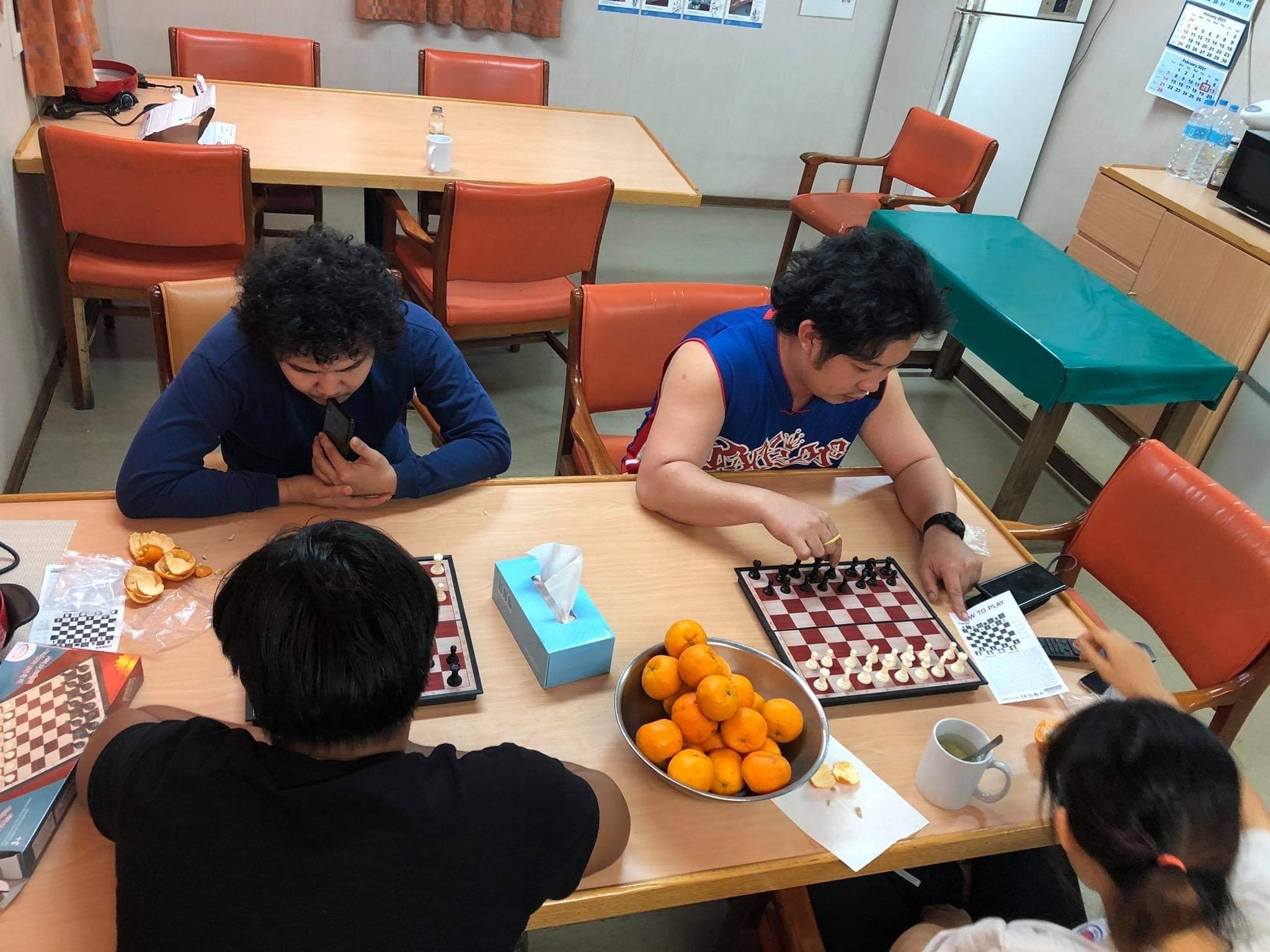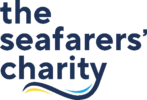To encourage crew members to connect and socialise outside of work, it is important for shipping companies to understand which activities provide the best chance of success on board and why.
Phase One of ISWAN’s Social Interaction Matters (SIM) Project identified four categories of social activities, as identified by survey and interview respondents: these were food, entertainment, social media and sports. Each category has its own strengths and some may be better suited to certain crews than others.
Socialising around food and drink is important in most cultures. It provides an excellent opportunity for crew to gather and multinational crews bring a diversity of diets and cultural celebrations into play. Barbeques were by far the favourite food-related social activity among SIM Project survey respondents, but parties, celebrations of special events like birthdays, and weekly/monthly events were also popular:
The category of entertainment covers a range of activities, and the most popular among our survey respondents were quizzes, games and cards followed by TV/movies/DVDs, watching sport on TV and karaoke/singing. However, we have also heard of examples where crews get creative and this can be just as enjoyable as an activity where technology or equipment is required. For example, one survey respondent told us:
Our research found that the use of social media often facilitates crew interaction. Many of our survey respondents formed WhatsApp groups for communicating with fellow crew members about daily life on board and events that might be taking place.
However, we also found that physical activities were more popular on board than online activities (although the opposite was true in port), possibly due to less WiFi access at sea, limits on its use, or charges made for its use. Sport is historically good at bringing different people and nationalities together. The most popular sporting activity mentioned by our survey respondents was table tennis, but competitions and inter-ship competitions were also successful in bringing crews together.
Many of the activities mentioned, both sporting and otherwise, could be adapted to involve an element of competition. Competitions can be uniting and provide an attractive focal point to gain people’s interest and participation1. They are a low-cost, flexible way to generate engagement on board and provide an opportunity for different ranks and departments to mix.
We have been running a series of inter-ship competitions for the ships taking part in Phase Two of the SIM Project, in which we are working with a number of vessels trialling social engagement initiatives on board. The first competition challenged crew members to walk, jog, run or swim as far as they could over the course of one week. Several ships got involved, including all 22 crew members on board one vessel. The winning crew’s collective distance was equivalent to travelling the length of the Panama Canal more than four times!
Support from the shore office can make a real difference in facilitating social interaction on board, whether it’s from the purchase of new equipment or providing free WiFi for online games. We have been asking the vessels in our trial what facilities have been provided on board – many reported having a TV, DVDs and speakers and a gym, but fewer had desirable facilities like a games console or swimming/paddling pool.
Finally, varying the activities organised on board can make a difference to the level of engagement and enjoyment; this was highlighted by one of the ships taking part in our SIM Project Phase Two trial:
Find out more about ISWAN's SIM Project and download the Phase One report released in January 2021 here.
1Institute of Competition Sciences (November 18th, 2017). Four ways embracing educational competitions will benefit your community [online]. Available: www.competitionsciences.org/2017/11/18/four-core-ways-educational-competitions-can-benefit-your-community (accessed August 31st 2020).






